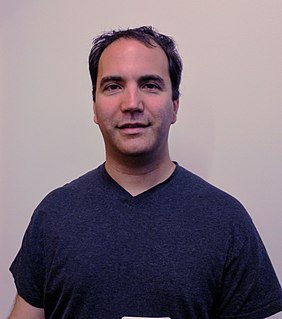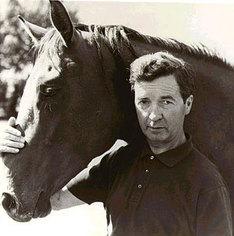A Quote by Barry Marshall
I am told by others that I have a lateral-thinking, broad approach to problems, sometimes to my detriment. In school, my grades always suffered because I was continually mucking about with irrelevant side issues, which I often found to be more interesting.
Related Quotes
With vertical thinking one may look for different approaches until one finds a promising one. With lateral thinking one goes on generating as many approaches as one can even after one has found a promising one. With vertical thinking one is trying to select the best approach but with lateral thinking one is generating different approaches for the sake of generating them.
For most problems found in mathematics textbooks, mathematical reasoning is quite useful. But how often do people find textbook problems in real life? At work or in daily life, factors other than strict reasoning are often more important. Sometimes intuition and instinct provide better guides; sometimes computer simulations are more convenient or more reliable; sometimes rules of thumb or back-of-the-envelope estimates are all that is needed.
We want to do things that are interesting, great storytelling, some of it is gonna be more fun and funny, some of it is more serious and talking about interesting issues that we think are provocative and interesting to us. Kind of on a more political level. But, you know, just things that we find interesting that we think stories that need to be told.
Just in time for the renewal of the war debate in Congress, the University of Chicago Press has released The U.S. Army / Marine Corps Counterinsurgency Field Manual. . . . It's a nifty volume, not only because it gives you a sense of what our most highly regarded military theorists are thinking but because sometimes what they're thinking is the last thing you'd expect. Especially interesting is a section called 'Paradoxes of Counterinsurgency Operations,' which tells us: 'Sometimes doing nothing is the best reaction' and 'Sometimes, the more force is used, the less effective it is.'
The confidence in the unlimited power of science is only too often based on a false belief that the scientific method consists in the application of a ready-made technique, or in imitating the form rather than the substance of scientific procedure, as if one needed only to follow some cooking recipes to solve all social problems. It sometimes almost seems as if the techniques of science were more easily learnt than the thinking that shows us what the problems are and how to approach them.




































